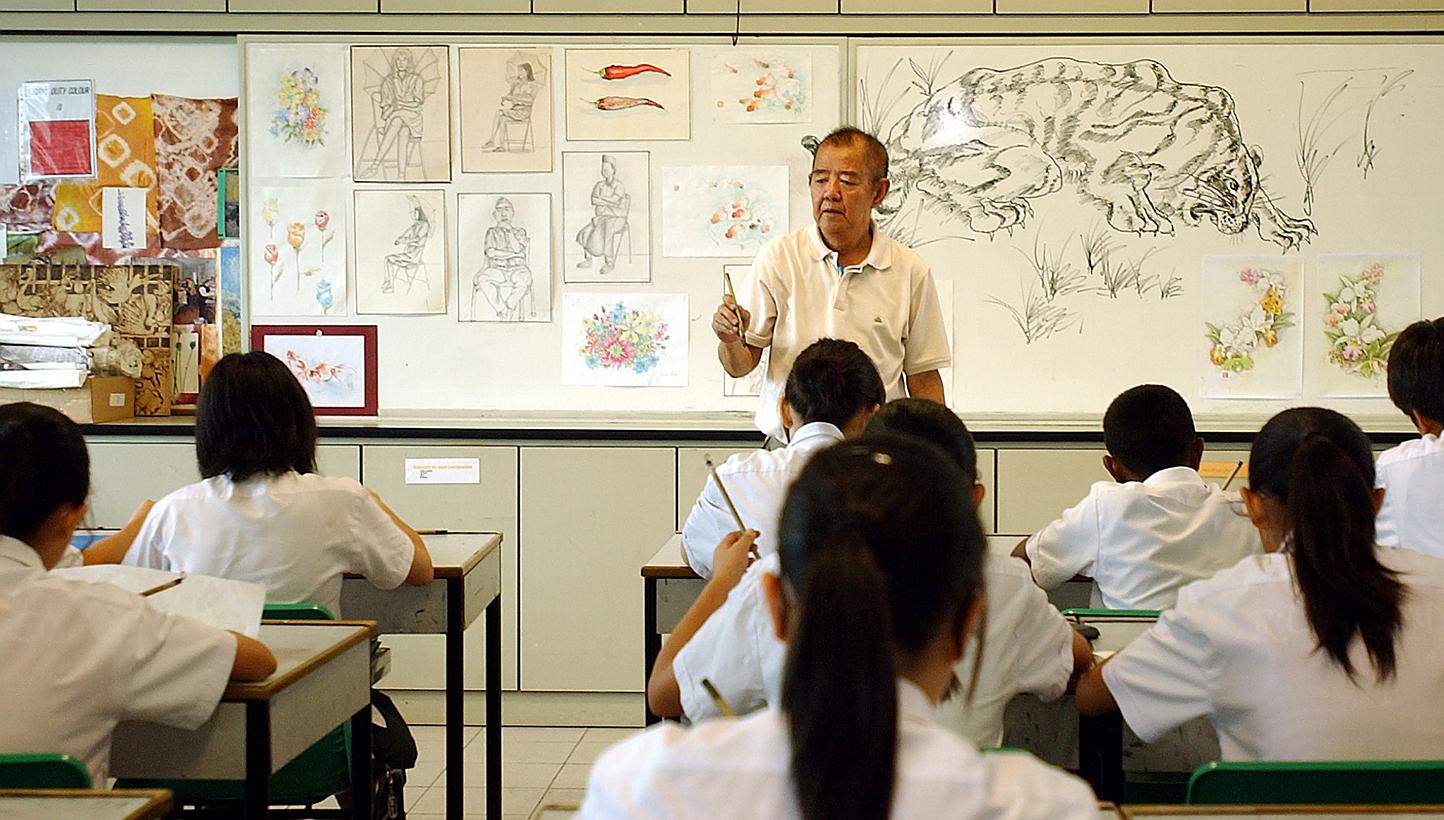Is rote learning outdated in today's Internet age? Straits Times Forum letter writers give their views
Sign up now: Get tips on how to help your child succeed

In an era where students can easily use Google to find the answers they need, is rote learning outdated? -- PHOTO: ST FILE
Forum writer Terence Lee sparked a debate this week with his call to weed out traditional methods of learning, specifically rote learning, in junior colleges. He says that it is outdated in an era when students can easily use Google to find the answers they need. Forum writers Damon Tan and Ong Soon Leong disagree. They argue that rote learning still has a role in today's education system, and that some amount of memory work is necessary for the retention and application of knowledge.
Weed out outdated rote learning
The current education system is in need of urgent change, especially at the junior college level.
Here, great emphasis is placed on memorising large amounts of information in a short two-year period. This places too many expectations on each student, which causes stress and drains the joy out of learning.
I can see that in my classmates. They had looked forward to studying in JCs, but now often complain of having to stay up late to complete their homework and revision. This is coupled with the fatigue from long hours in school, which can end as late as 8.30pm. - Terence Lee Xin Jin
Rote learning not the cause of long school hours
Having recently completed junior college education, I understand the dread of rote learning students face ("Weed out outdated rote learning" by Mr Terence Lee Xin Jin; yesterday).
However, I disagree that stress and fatigue will be reduced when lesser rote learning is required.
Subjects like mathematics require immense practice, yet actual memorisation is minimal. -Damon Tan Jie Hui
Value in memory work
Rote learning is often said to be the mere memorisation of large amounts of text without understanding the subject ("Weed out outdated rote learning" by Mr Terence Lee Xin Jin; yesterday).
This is a misconception.
My research of students from China studying at some of our local universities shows that rote learning is an integral part of learning in that country. - Ong Soon Leong
Rote learning good for grades, bad for science education
Mr Lai Tuck Chong has said that key words are important to the teaching of science as it helps children express themselves more clearly ("'Key words' are key to how kids learn science"; Feb 3).
However, this is of secondary importance to the goal of schools' science curriculum, which is to encourage the understanding of scientific content along with creative thinking and discovery.
A marking system based on key words incentivises teachers to "teach for exams" rather than for discovery. Science education then becomes an exercise wherein students are taught to answer questions - via repeated drilling using model answers and assessment books - in a manner that is desired by exam boards. - Ng Qi Siang


